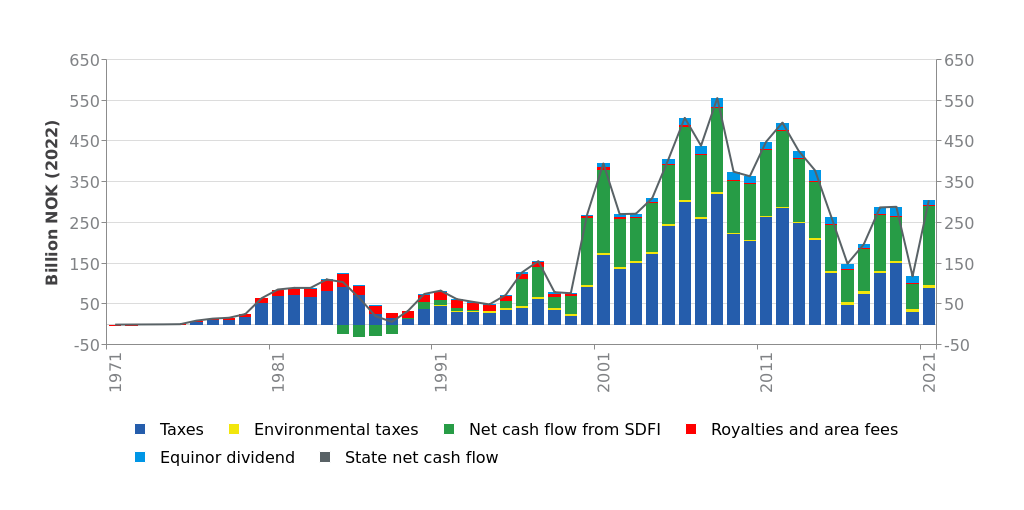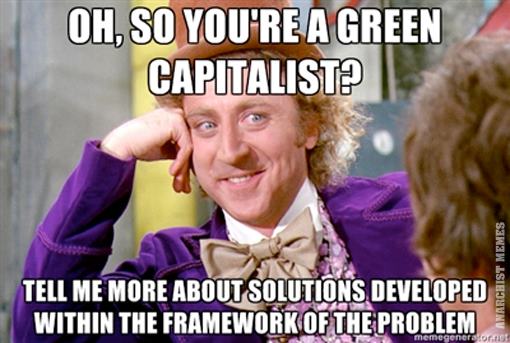Climate change is the greatest threat the world has ever faced, yet so little happens in politics that you would think the problem does not exist. After COP27, it’s clear politicians are incapable of taking radical climate action needed to meet the 1.5-celsius goal from the Paris agreement. We’re currently looking at 2.7 celsius, which will be fatal for a large part of the earth.

In an earlier post, I outlined the GDP death drive. The GDP death drive is deeply connected to western governments, and they need GDP growth of at least 2-3 per cent to keep the welfare state running.
Let’s take Norway as an example because it has a reasonably functional democracy and a leftist government. Norway’s government expenditure in relation to the gross domestic product (GDP) in 2021 was 49 per cent. The state, through its politicians, spend 49 per cent of the GDP on maintaining the welfare state, the military and everything that includes. Politicians (left and right) depend on businesses having enough revenue per year so that enough tax can be collected. The Norwegian state also owns 67 % of the shares in Equinor, an oil and gas company, and receives dividends of around NOK 15 billion.

Most European states are built on the same principle of taxes from GDP growth. Therefore, a politician must keep the growth machine going by pleasing the state’s citizens and its businesses so they will produce the growth needed for taxes.
What is needed for climate action to be effective is, the list is not exhaustive:
- Reduce consumption drastically
- Reduce the use of fossil fuels drastically
- Disconnect GDP from the economic model
- Build out renewable energy sources at a rapid tempo
- Reduce waste in all industries
- Pay loss and damage to the Global South
- Reduce the use of pesticides and chemicals in all industries
- Increase circularity rate drastically
- Reduce deforestation and land use
The best way to get these actions done would be through politics. Most of these actions will not benefit businesses’ profits—no incentive for a politician to take immediate action regarding these issues. The steps listed above will make the state’s income decrease, and most politicians have four years before they have to be re-elected.
Fossil populism

The effect of drastically reducing consumption is that you will not have GDP growth and will enter a recession unless you disconnect the GDP from the economy. The biggest problem with our current democratic model is that the people vote based on what a government provides regarding services and material wealth. In bad economic times, people will become more concerned about problems close to them, such as price increases and energy prices, not more significant issues, such as climate change. This will make them vote for politicians that can “fix” the economy (with quick fixes and environmental damage) instead of governments with a long-term vision. This situation is currently happening in Norway. It can often lead to right-wing politics and, in a worst-case scenario, a fascist government.

Fascism does not care about the environment and will extract (humans, environment) as much as possible to please its citizens. Right-wing politics will favour economic growth to bring back the temporary material wealth that has been there before (make Norway great again) with a superficial concern for the environment.
The Norwegian welfare state was built on environmental destruction through fossil fuels and environmental degradation, and most people still deny that their lifestyle is built on fossil fuels. Politicians need to promise and deliver something similar to the past, which is impossible to fulfil when facing climate change.
Another big issue is that capitalists are keeping a large part of the profits and not distributing the wealth back to society. The ruling class has started to move their wealth from Norway to Switzerland and other tax havens to avoid taxes. This limits possible climate actions politicians can take because of the loss of tax.
Change your mind

This is a fundamental problem of democracy. While Norway’s citizens think the solution is to convince the politicians of the severity of climate change, the politicians are fully aware of the effect of climate change but they are also aware of the result of the actions that are needed to be taken. This makes them nod willingly to what is required but will set deadlines far into the future and keep watering down their actions because they need to be re-elected.
This does not mean we should introduce a benevolent climate dictator or turn to violence to solve this problem. This is a democratic problem and also an information problem. We need to change our focus in our society away from material wealth and the welfare state. Understanding the consequences of and joy of a new life that is less materialistic is important to get people more positive to change. This will be the hardest change in relation to climate change because we have spent so much time building a materialistic welfare state up, thinking we were building the “perfect” society.
Leave a Reply